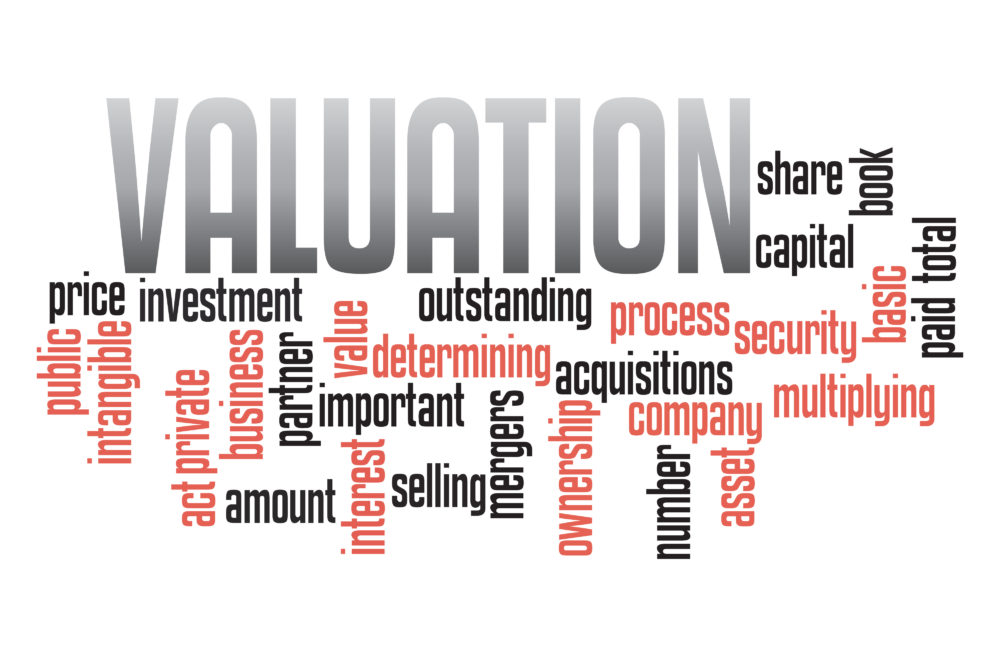Established principles of buying and selling a business still apply with an online company – for instance, the need to dig deep and do thorough research – yet there are some differences.
The lack of bricks and mortar, for example, may make the process a little cheaper, and you may not have any significant staff employment issues to consider. Nevertheless, on the buy side or the sell side it’s mostly a matter of identifying the core issues to consider.
Here’s a rundown of what you need to take into account when buying or selling an online business.
Buying a business
Traffic
The success of an online business is measured in traffic volumes, which roughly equate to high street footfall.
But there’s good and bad traffic. So, you and your team will need to do your own analysis and verify any historic traffic data you receive. In essence, you will want to work out what percentage of the traffic generates business income.
In addition, you will want to establish that business arrives from a healthy mix of sources. Until you have such information, you can’t value the business.
Growth
As with any business, you should be able to track the figures over time. It’s essential to understand whether the business income is consistent or growing from month to month. Whatever the owner claims, you should be able to track and verify through the figures. Ask questions to test your understanding and to gauge the quality of the responses you receive.
SEO
Online marketing requires a knowledge of SEO and allied disciplines and analysis. Make sure you know how business is generated, what Google ratings have been achieved and ask for evidence to show how the system performs. And if you’re not clear on the technical issues, employ specialist help.
Domain name
A good domain name means a lot in online business, and as a buyer you will therefore want to know who owns what, and precisely what rights you are buying. Be sure to check whether that domain name has previously been used for anything else.
For instance, you won’t want to buy a name once linked to adult Internet content. You can also Google the domain name terms used to check what business rivals might have done with the same terms, which could potentially undermine your traffic volumes.
Valuation
On the financial side of things, you will need to understand how the valuation is arrived at. It is not unknown to find some online businesses asking high prices when they’re barely making a profit, so make sure you consult specialist advice on valuations.
It’s also important to understand what costs the prospective business has. For instance, what are their hosting costs, and how much do they invest in paid-for advertising?
Selling a business
Valuation
As a seller, you will need to value your business as appropriate to your sector. This is essential if you wish to retain the confidence of interested buyers. But online businesses can rarely be valued just by applying the same criteria as you would to a bricks-and-mortar enterprise. It would be wise to get specialist help to produce a valuation supported by a rationale you understand and can relay confidently to potential buyers.
Preparation
Before thinking of selling you need to carefully review your business model to make the enterprise as attractive as possible for interested buyers. Are there any tweaks or adjustments you could make? Have you got your financial records in order? Is there any core business equipment or technology you should perhaps have in place to convince your buyers you are closely in touch with your market?
Analytics
An online business relies upon web traffic volumes, so you will need to be able to produce detailed web analytics to verify your website performance.
In addition, you will need to show how your business is currently marketed, and how well that strategy currently performs. And just as importantly, you should be able to demonstrate how you gather data and use it to increase your sales.
Systems
Just like any other business, your online business for sale should have well-established systems in place.
For instance, have you got a CRM (customer management) system? Is your web analytics data used as a tool to optimise your business? Have you EOP and other web security systems in place to protect your business from online threats? And do you use safe and secure payment systems which are also customer-friendly and simple to use?
Finding a buyer
You should also consider whether to work with a broker to sell your business. If you choose wisely, you may sell your business quicker with the benefit of a broker’s advice and contacts, and perhaps gain access to specialist channels.
When selling, you should also have a clear idea about the profile of the potential buyer you wish to attract. This information will help you prepare your business to appeal to that person and sell to the right area of the market. That should make it more likely you will sell and realise the price you want.
Jo Thornley is head of brand and partnerships at Dynamis.





